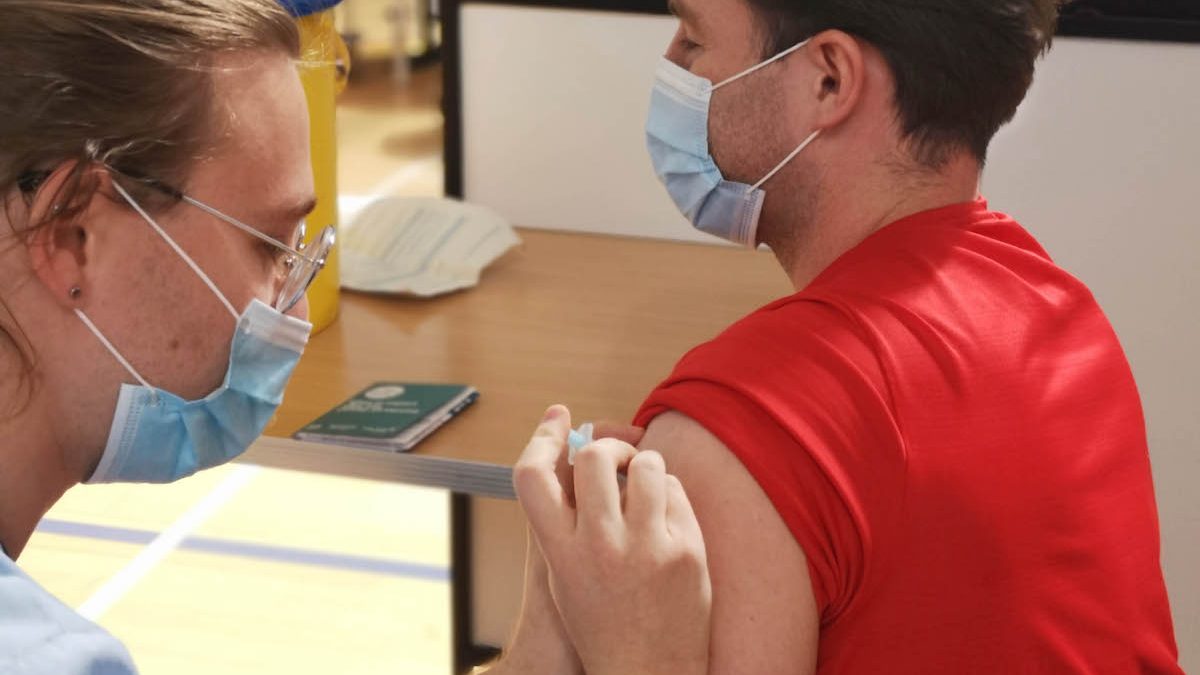A nationwide digital system could be built to help manage the rollout of the largest ever vaccination programme in Scotland – in response to COVID-19.
Early stage work is being conducted between government and public health bodies to scope out the development of a digital system that aids the delivery of potentially 10 million doses to the general public.
An exact framework for coordinating such a vast programme is yet to be specified, but it is envisaged that a digital solution will play a part in managing the process, and digital tokens could even be issued as ‘proof’ of immunisation. Given that government ministers are conscious that not everyone has access to digital, or are users of mobile phones, the system will need to be carefully managed.
However, FutureScot has learned that the proposed system would likely utilise a text, email and traditional letter service as part of a comprehensive communications strategy underpinning the contacting of all eligible citizens. That could mean – if everyone in the population is deemed a necessary target for immunisation – that there will be over five million people who will need two jabs each, so potentially 10 million contacts.
“We are looking at digital solutions to support the vaccination programme when it comes along, which is obviously still to be determined,” said a health source with knowledge of recent discussions between government, NHS and public health bodies.
“Vaccination has in the past always been done through general practice, but general practice clearly does not have the capacity to be able to vaccinate 10 million does. It will need a nationally coordinated system – involving the health service, community pharmacies and schools – and the best way to do that is digitally.”
The contact management system would depend on a ‘call and recall’ system as part of a two-phased vaccination programme; the optimal method for that process is yet to be decided but the well-placed source indicated that the preference for contacting citizens would likely be based on letter with a digital follow-up to those who opt for that form of engagement.
“Clearly we have to decide how we’re going to send the invitations out and one view is that it should be digitally enabled by text, email and letter for those who are not online or able to access digital. Or, that they all go out by letter and then you can choose to go into the digital service, which is how it may go,” the source added.
It is understood the exploratory talks have taken place between central government health officials and public digital health bodies including NHS Education for Scotland, NES National Digital Service (NDS) and the Digital Health & Care Institute (DHI).
It is hoped that the system may even integrate into work being carried out by NDS given that one solution being explored is the creation of a citizen immunisation record, which would fit with the work being done by the service towards, in time, towards the creation of full Electronic Health Records (EHRs), a key objective of the Scottish Government’s Digital Health & Care strategy, published in 2018 and now in the process of being refreshed. It would also square with NDS’s work early in lockdown which supported around 100,000 people shielding in Scotland with grocery deliveries – through an SMS text notification system.
Another option being explored in relation to the vaccination work is the issuing of digital tokens as a form of ‘proof’ of immunisation, should it be needed in future for a range of potential scenarios, including by employers or for foreign travel.
The source said: “It’s at an early stage in the process and there are lots of potential avenues we could go down, but there is a sense that we don’t want to rush off and create five or six different apps, given the work already underway in parts of the NHS. In data terms the goal always is that there is one version of the truth.”




